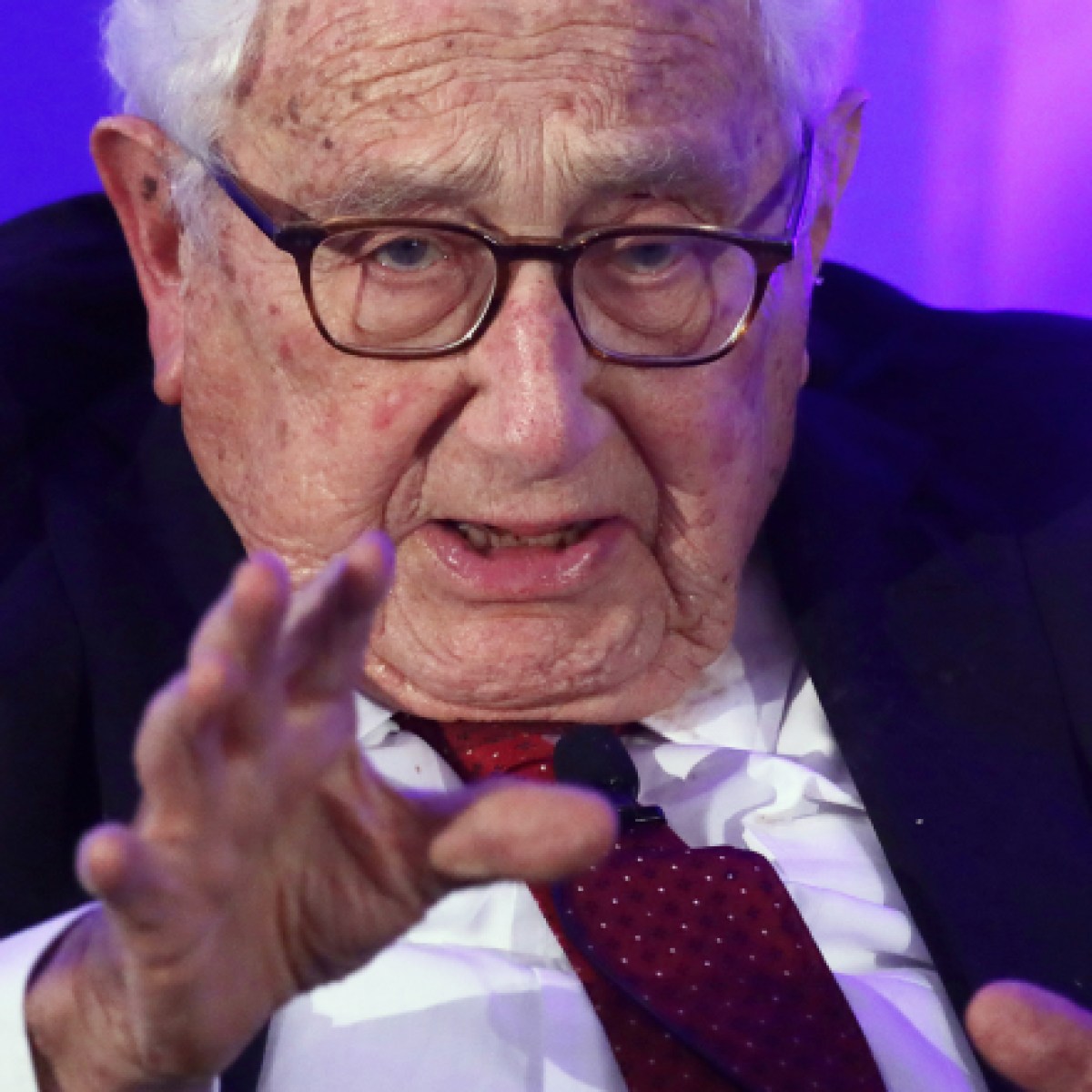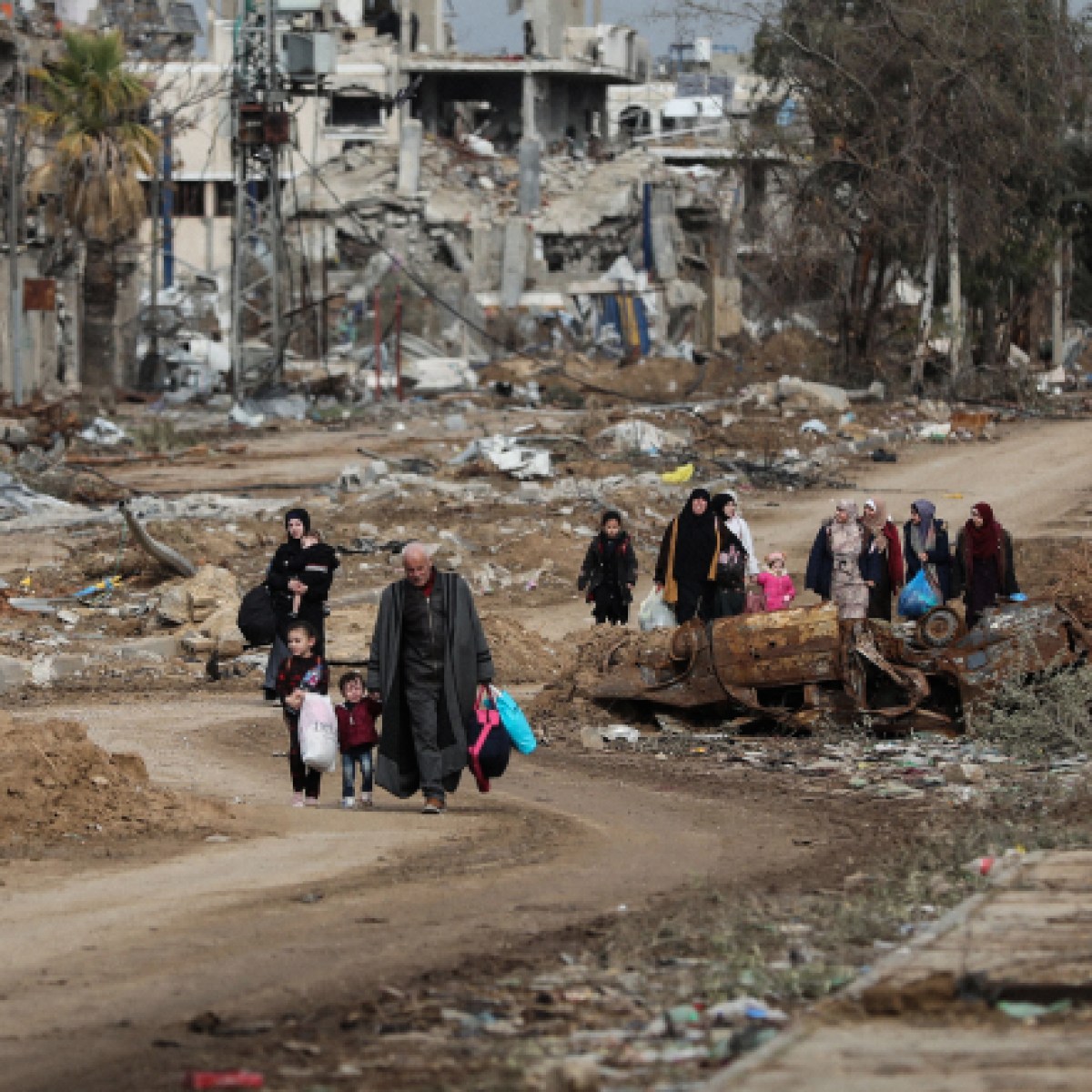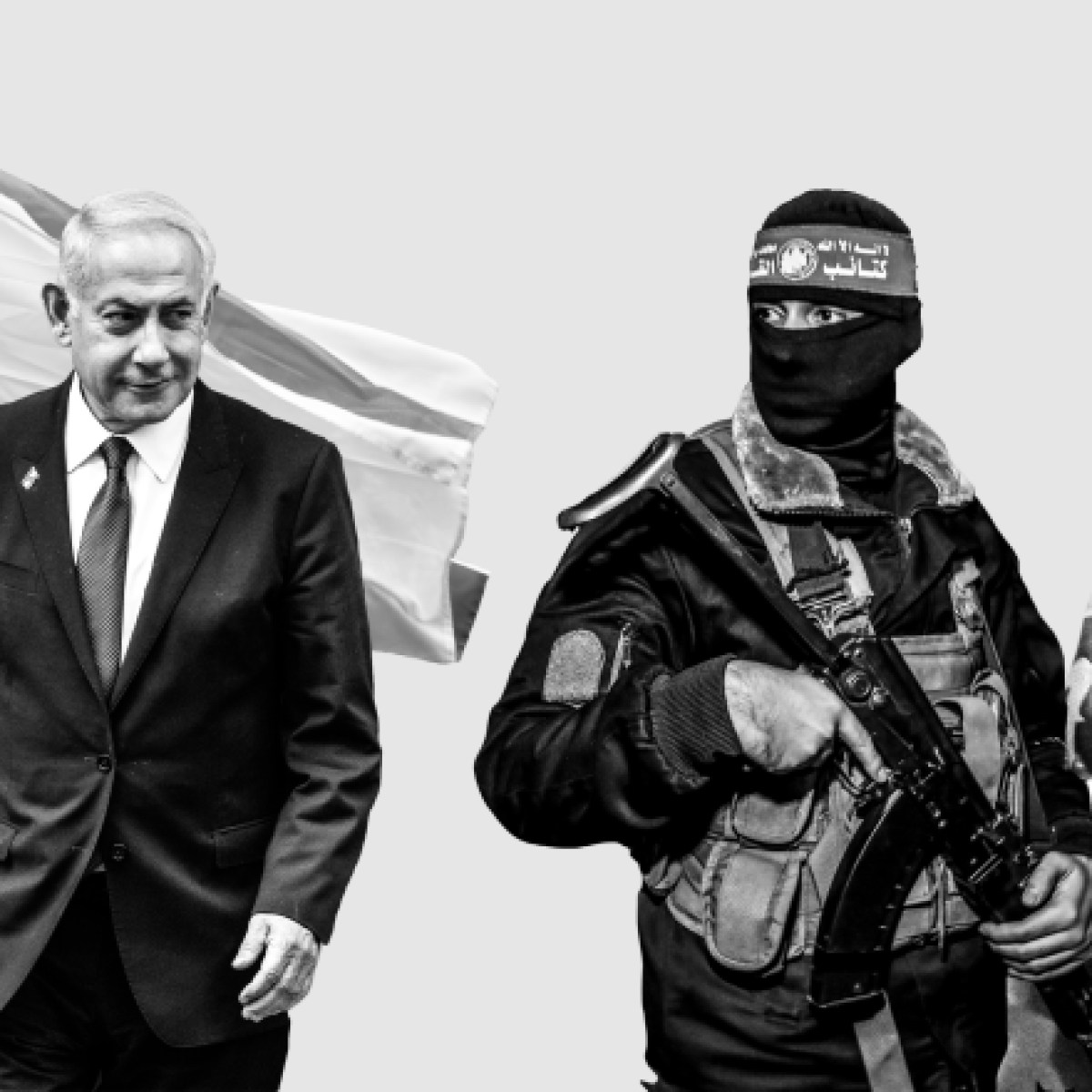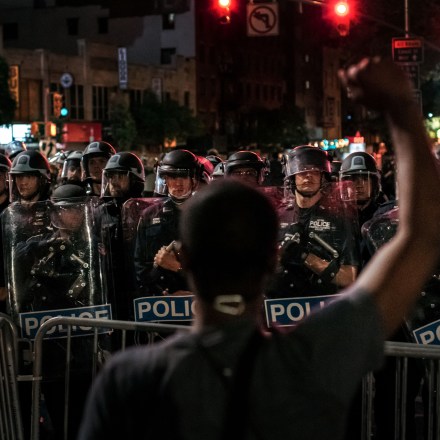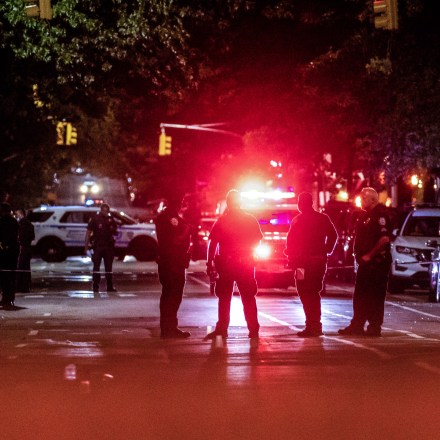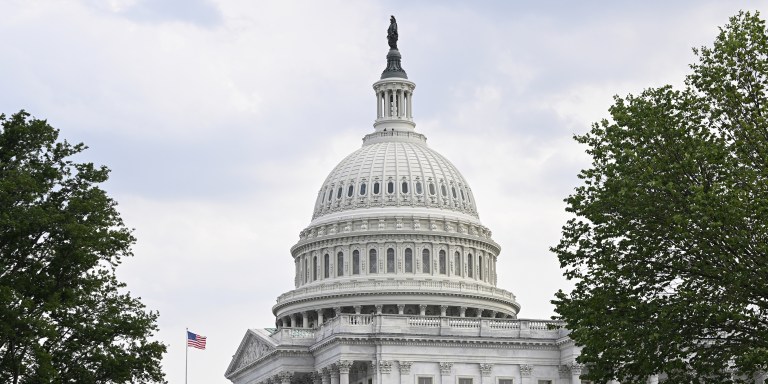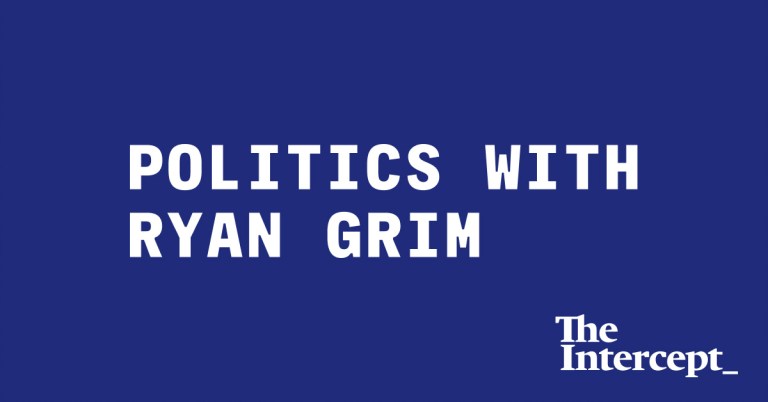Last year, a series of headlines in New York City buzzed with excitement about a cop with the street nickname of “Bullethead.”
New York Police Department Sgt. David Grieco — his actual name — had reached a milestone: Police misconduct lawsuits naming him as a defendant had exceeded $1 million in settlement payouts. Since the raft of news stories, Grieco has been named in at least two additional suits, according to publicly available information as of July, and payouts in complaints naming him have now reached $1,099,825.
In the 13 years it took for Grieco to be named in 48 suits alleging police misconduct, he’s been promoted twice. In 2016, he was elevated from officer to detective and, a year later, to sergeant.
The New York Police Department’s officer profile database, meanwhile, lists no applicable entries for disciplinary history in Grieco’s profile.
The NYPD launched the portal in 2021 after a federal appeals court issued a ruling allowing city officials to release police discipline records. The department has since touted the new page as a move toward transparency, said Jennvine Wong, staff attorney with the Cop Accountability Project at the Legal Aid Society, a public defense organization in New York City. Wong said the department’s limitations on what counts as misconduct — reflected in an analysis of lawsuit settlement data provided to The Intercept by the Legal Aid Society — undermines any of those stated transparency goals.
“If you look up a lot of these officers, especially the ones who are most sued, you’re not going to see that they necessarily have a lengthy misconduct history or disciplinary history,” Wong said. “That’s because the NYPD defines misconduct very narrowly. And in that sense, I think what we’re looking at is really problematic because it allows these kinds of officers to continue to act with impunity.”
Meanwhile, the city is consistently paying out millions in misconduct settlements designed to avoid findings of guilt, which, therefore, never appear on the NYPD profiles database.
Of the 10 NYPD officers named in the most lawsuits — facing a collective 245 suits in the last decade, with total payouts of more than $7 million — only one is listed for misconduct in the police profile database.
Narrow Definition of Misconduct
Disciplinary histories listed in the NYPD officer profile site only include certain findings against officers. Police face allegations of wrongdoing from the public in both civil court cases and through a civilian complaint board.
The misconduct is only listed on the NYPD profile site if there are charges and corresponding penalties resulting from pleas of guilt, nolo contendere — accepting a conviction without admitting guilt — or a guilty finding after trial.
The database also lists allegations of misconduct that are substantiated and result in “Schedule C” discipline by commanding officers, a category of discipline for wrongdoing that includes accidental firearm discharge, failure to comply with direction, vehicle pursuits outside of department policy guidelines, and violation of social media guidelines.
In the civilian complaint process, discipline is left up to commanding officers in the department, leading to criticisms that, even in the cases where the officer is found culpable, the punishments meted out remain lax.
A separate database for civilian complaints lists recommendations for discipline from the Civilian Complaint Review Board but also fails to include settled suits.
An NYPD spokesperson said that many of the suits settled by New York City reflected older cases and not the department’s current character.
“The NYPD carefully analyzes allegations in civil lawsuits as well as trends in litigation against the Department,” said the NYPD spokesperson, who declined to give their name. “A substantial portion of the payouts in 2023 relate to a number of wrongful convictions that occurred decades ago. These cases, and the resulting payments, do not speak to the NYPD’s policies and practices today.”
The spokesperson pointed to a 20 percent drop in misconduct allegations from 2020 — the year of the NYPD’s brutal crackdown on the George Floyd protests — to 2022 and said that, compared to 2013, complaints had fallen by half.
The NYPD spokesperson did not respond to a question about why the portal did not list disciplinary information for officers repeatedly named in lawsuits.
Dozens of Suits, Millions in Settlements
Some of the officers involved in misconduct allegations have been the subject of multiple civilian complaints, Wong said.
“The question is, as a civilian, as a taxpayer, what are we doing?” she said. “Why are we still employing folks that are costing the city hundreds of thousands, if not millions, of dollars in civil lawsuit settlements for police misconduct? What kind of message are we sending when we not only allow them to escape any kind of accountability for their actions, but actually reward them?”
The 10 officers most named in civil suits going back to 2013 — the 245 suits that paid out a total of $7.2 million — include Grieco; Detectives Daniel Rivera, Abdiel Anderson, Jodi Brown, Waliur Rahman, Ricardo Bocachica, and Wilfredo Benitez; Lt. Henry Daverin; police officer William Schumacher; and former Assistant Chief of Detectives Christopher McCormack, who retired last month.
Of the 10, Daverin is the only person whose department profile lists any disciplinary history. He has a total of 16 allegations and zero charges.
At least seven of the officers have each been named in more than 20 suits, and another three have each been named in 19 cases.
Other cops have been named in fewer suits that netted higher total payouts. Since 2013, officer Pedro Rodriguez has been named in at least three suits that have paid out a total of $12 million. Four other officers have each been named in multiple suits that have paid out upward of $8 million, and five more officers have each been named in suits that paid more than $4 million.
In the first half of 2023, New York City paid more than $50 million in lawsuits alleging police misconduct by members of the NYPD.
Payouts from suits that won the biggest sums since 2013 exceed $68 million. That number is dwarfed by payouts this year alone. In the first half of 2023, New York City paid more than $50 million in lawsuits alleging police misconduct by members of the NYPD. The figure is on track to exceed $100 million by the end of the year and does not include matters settled with the city comptroller prior to formal legal proceedings.
All of the officers most named in lawsuits and named in suits with the highest payouts are still on the force except McCormack.
The comptroller’s office said it did not yet have data on payments on matters settled with the office outside of court and that a report for fiscal year 2023 will be published early next year.


